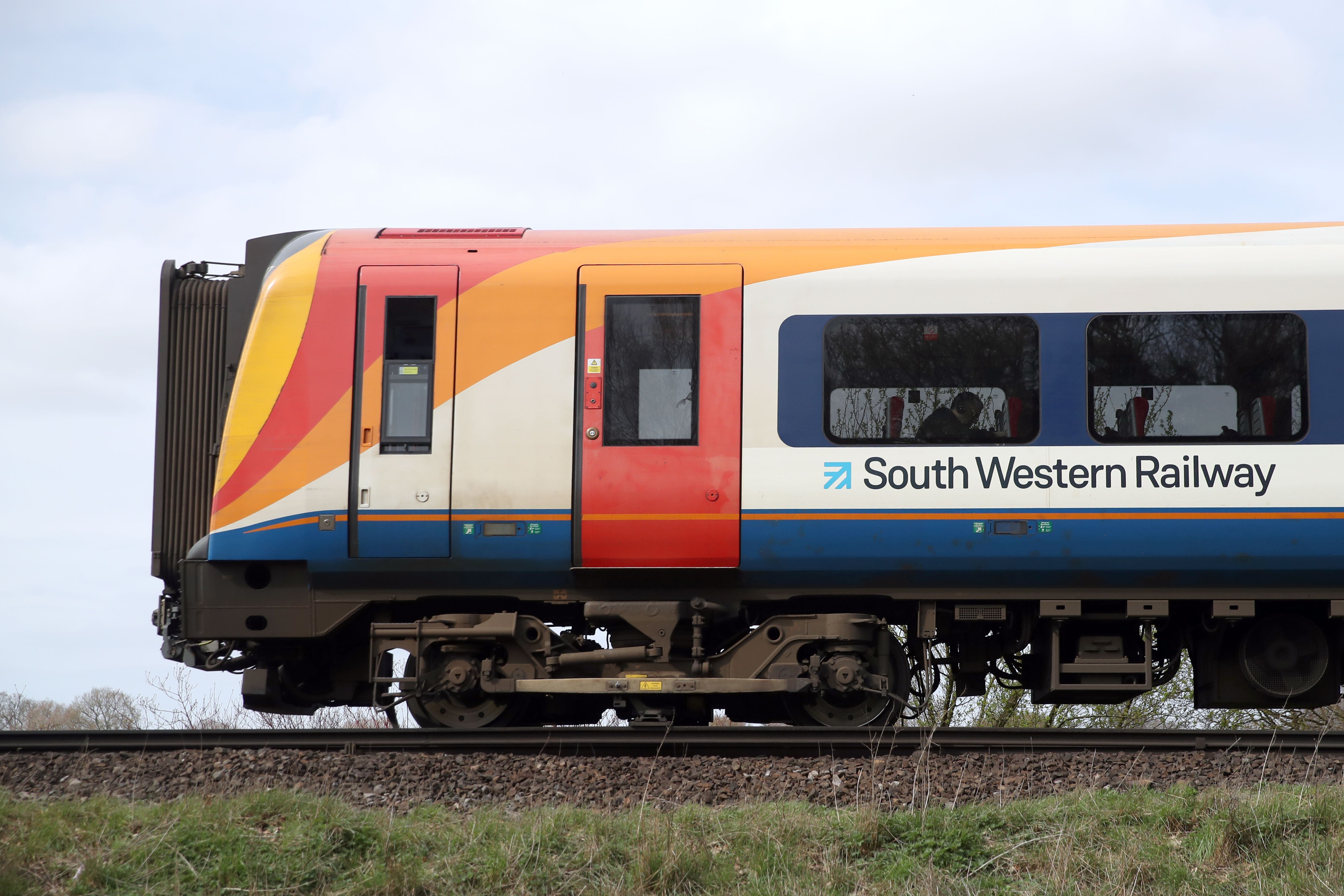FirstGroup cautions over threat of railway renationalisation after election
Labour has pledged to renationalise nearly all passenger rail services within five years if it emerges victorious at the polls next month.

Bus and train firm FirstGroup has revealed a surge in annual earnings but cautioned over the ongoing threat of strike action and the possibility of renationalisation of UK railways if Labour wins the General Election.
Both the Conservatives and Labour have put forward plans to overhaul UK railways, with Labour pledging to renationalise nearly all passenger rail services within five years if it emerges victorious at the polls next month.
Labour has said it would look to fold existing private passenger rail contracts into a newly created public body as they expire.
FirstGroup warned: “A change of UK Government could lead to policy changes resulting in the renationalisation of the National Rail contracts within the First Rail division as the expiry dates of our various agreements with the Department for Transport are reached.”
Whilst a number of risks facing the business have reduced during the year, including an improved inflationary outlook and progress in the First Rail business, industrial relations challenges still persist
The firm runs three major UK train operating companies – Avanti West Coast, Great Western Railway and South Western Railway – as well as two open-access passenger rail services, Hull Trains and Lumo.
Chief executive Graham Sutherland insisted that a rebound in passenger numbers, alongside improvements to stations and trains, “demonstrates that the UK rail industry works best as a public-private partnership”.
“We know that growth and innovation are key for the future of the railway and are committed to working with our government partners to provide competitive, sustainable and improved services for all passengers and communities,” he said.
FirstGroup added that industrial action, which has plagued the UK rail sector in recent years, remains a challenge.
“Whilst a number of risks facing the business have reduced during the year, including an improved inflationary outlook and progress in the First Rail business, industrial relations challenges still persist,” FirstGroup said.
The comments came as FirstGroup posted a 27% jump in underlying operating profits to £204.3 million for the year to March 30 – though this was helped higher by an extra week’s trading and the receipt of higher variable fees in First Rail than the previous year.
The rise came despite revenues edging lower to £4.72 billion from £4.76 billion.
On a statutory basis, FirstGroup swung to a £24.4 million pre-tax loss, from a £128.7 million profit the previous year as it was hit by costs of it ending participation in two local government pension schemes during the year.
Bookmark popover
Removed from bookmarks